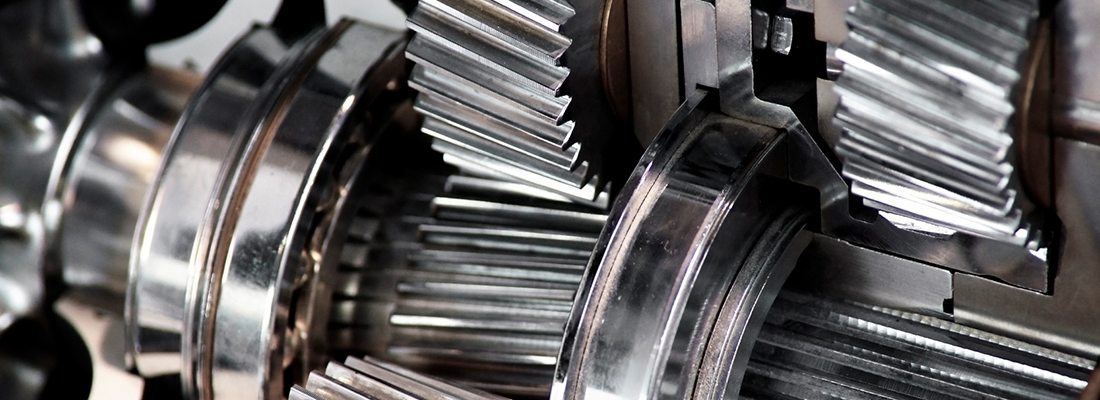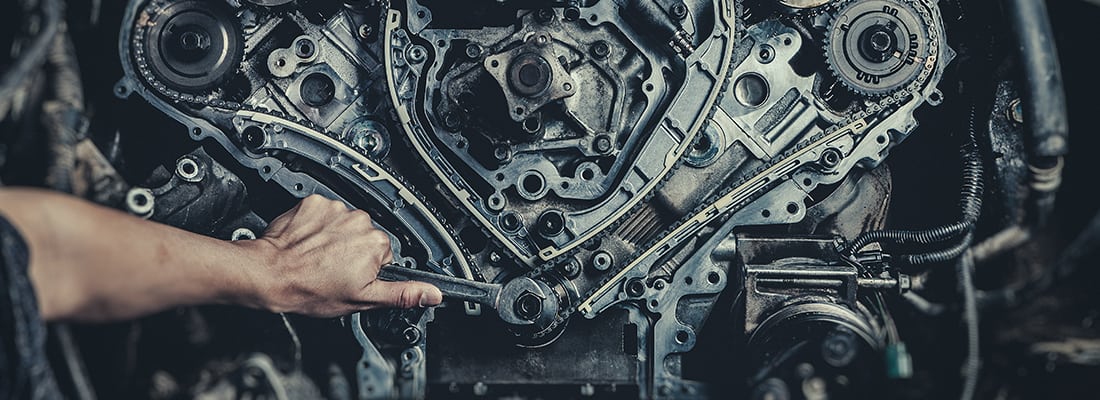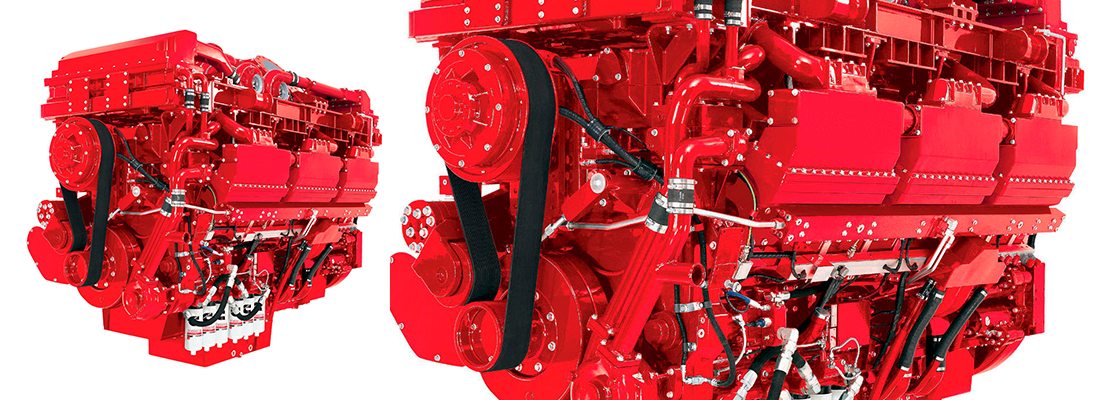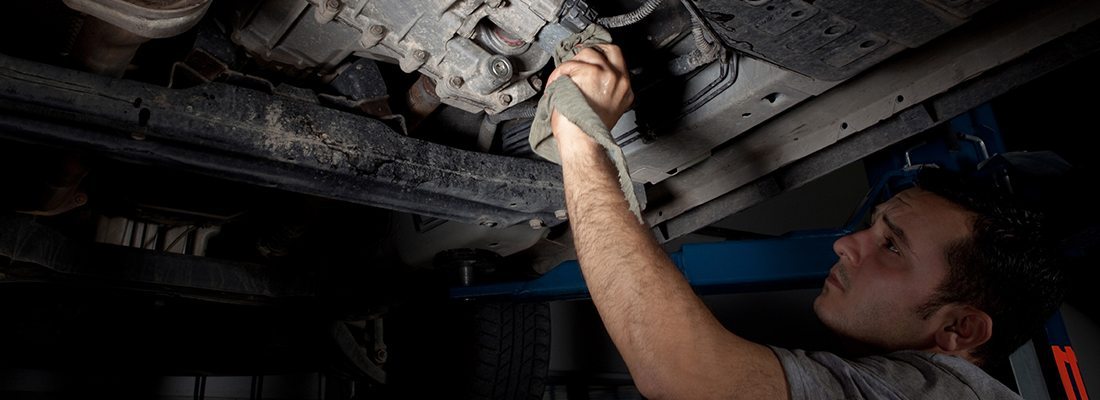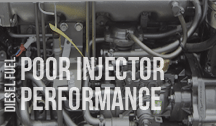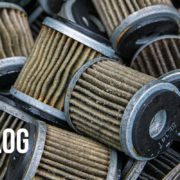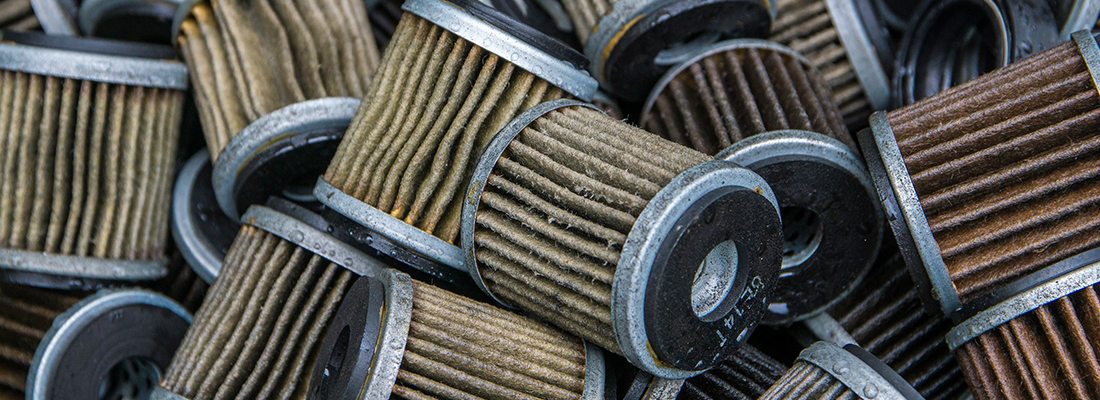
Managing your fluid analysis program is simple. At least it should be. If you struggle to ensure your fluid analysis program meets your maintenance goals, check out these seven steps. I guarantee, it will make a world of a difference.
 Set attainable program goals
Set attainable program goals
Take a moment to set your goals. Then, review your current maintenance practices and strategies to determine if they will help you accomplish your goals.
 Identify the resources you need to sufficiently run the program
Identify the resources you need to sufficiently run the program
Resources play an important role in program success. Another factor is the size of your program. This will impact the personnel and resources needed to reach your goals.
 Build the appropriate equipment lists
Build the appropriate equipment lists
Equipment list information should be sent to your laboratory before samples are submitted for processing.
 Determine sampling intervals
Determine sampling intervals
Although an equipment manufacturer’s recommendations provide a good starting point for developing preventive maintenance practices, sampling intervals should be based on various factors.
 Take an active role in minimizing sample turnaround time
Take an active role in minimizing sample turnaround time
Don’t compromise the value of your fluid analysis results and the laboratory’s maintenance recommendations with unnecessary delays in turnaround time.
 Report key results to management
Report key results to management
When reviewing your most critical information, consider what management needs to know most – and share the results with them. The size of your operation and your goals and resources will dictate the best and most efficient metrics to share with management.
 Select a laboratory that will help you every step of the way
Select a laboratory that will help you every step of the way
To realize the true value that an effective fluid analysis program can have on your overall business performance, you need to select the right partner.
To learn more, read this article about what makes a successful fluid analysis program or contact us a custservice@eoilreports.com.

Proven Impact. Proven Uptime. Proven Savings.
Let us prove it to you.
Published February 7, 2017








